Experience guiding Research guiding Care
WHY: Join us for a full day of family planning updates and reconnect with colleagues. Sessions will enable participants to learn contraception and medical abortion best practices, provide tips to engage in complex care discussions, and discuss the latest science on practice in urban and rural settings.
WHAT: Invitees include patients, health authorities, hospital and clinic administrators, public health and community services, government leaders, and urban and rural clinicians (physicians, NPs, nurses, midwives).
CME CREDITS: The University of British Columbia Division of Continuing Professional Development (UBC CPD) is fully accredited by the Committee on Accreditation of Continuing Medical Education (CACME) to provide study credits for continuing medical education for physicians. This event is an Accredited Group Learning Activity (Section 1) as defined by the Maintenance of Certification Program of the Royal College of Physicians and Surgeons of Canada and has been approved by UBC CPD for up to 6 MOC Section 1 Group Learning credits. This program meets the certification criteria of the College of Family Physicians of Canada and has been certified by UBC CPD for up to 6 Mainpro+ Group Learning credits. Each physician should claim only those credits accrued through participation in the activity.
CFPC Session ID: 196602-001
Meeting Agenda
AGENDA BCW-CART-Options Meeting 2022-03-03 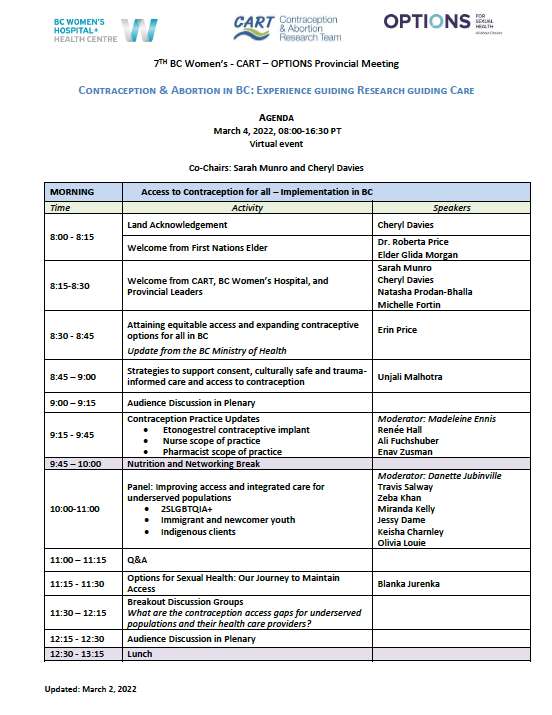
Session Speakers
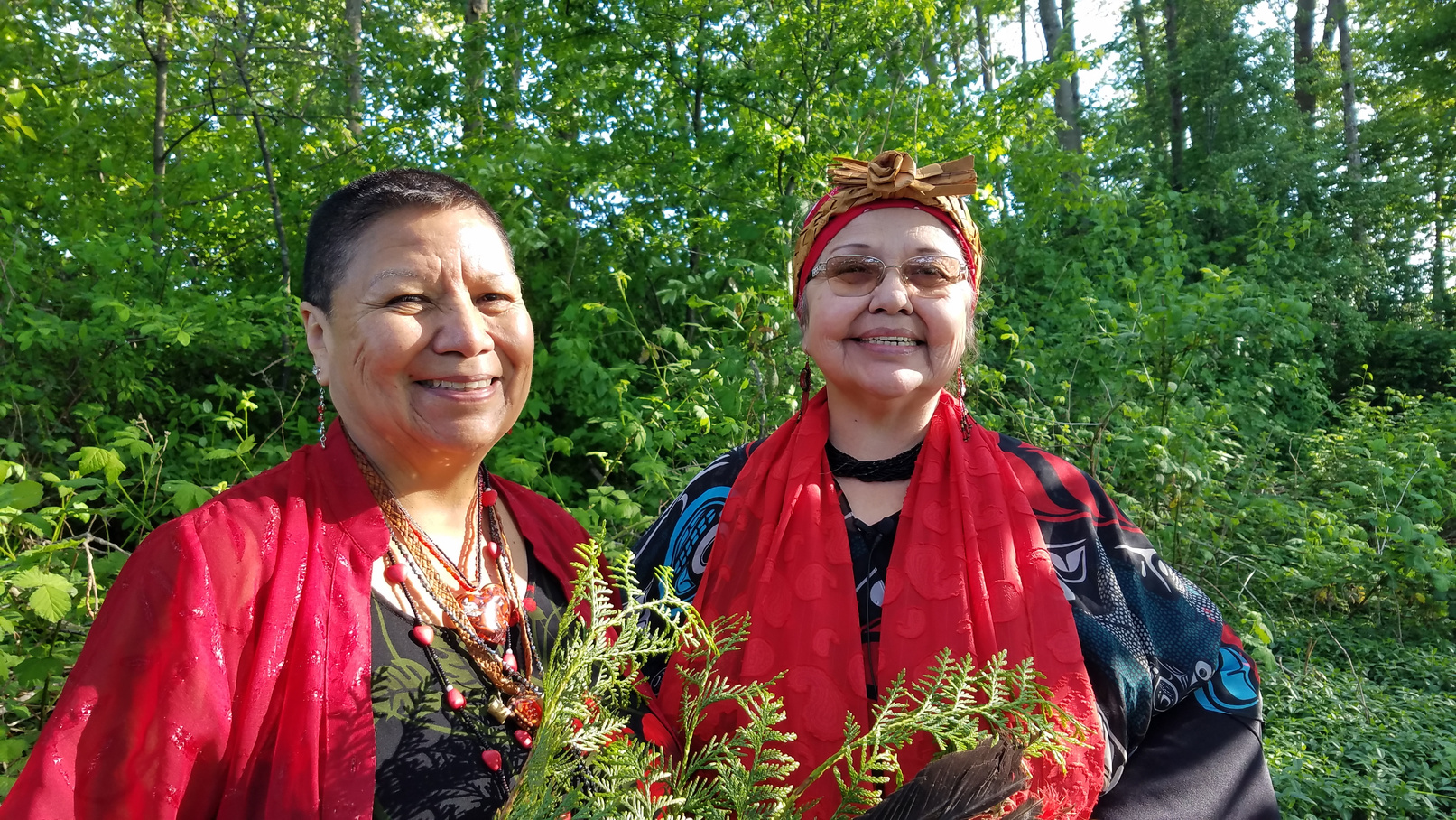
Dr. Elder Roberta Price, Coast Salish Snuneymuxw and Cowichan Nation
Elder Roberta Price is from the Coast Salish Snuneymuxw and Cowichan Nation. For over 30 years, Elder Roberta Price has actively shared her leadership, wisdom and teachings at UBC and throughout the Lower Mainland to assist both Indigenous and non-Indigenous community members to achieve improved outcomes in health care. She has been instrumental in helping to create shared spaces for both Indigenous and Western approaches to healing and health. Her ongoing involvement and leadership in research projects have been key to the continued work of decolonizing health care and creating cultural safety and equity for Indigenous patients.
Elder Glida Morgan, Tla’amin First Nation
Elder Glida Morgan is from the Tla'amin First Nation. Elder Glida is determined to bring healing light to our Indigenous People in her role as a front-line worker on Vancouver's Downtown East Side in the areas of Family violence, Mental Wellness & Women's Health. Elder Glida has explored ways in which culture can be integrated into the health care plans for Indigenous people. Performing at community events across the lower mainland; Elder Glida is involved in a group who provides medicine in the form of songs for patients in palliative care through singing & drumming Traditional songs. Emote
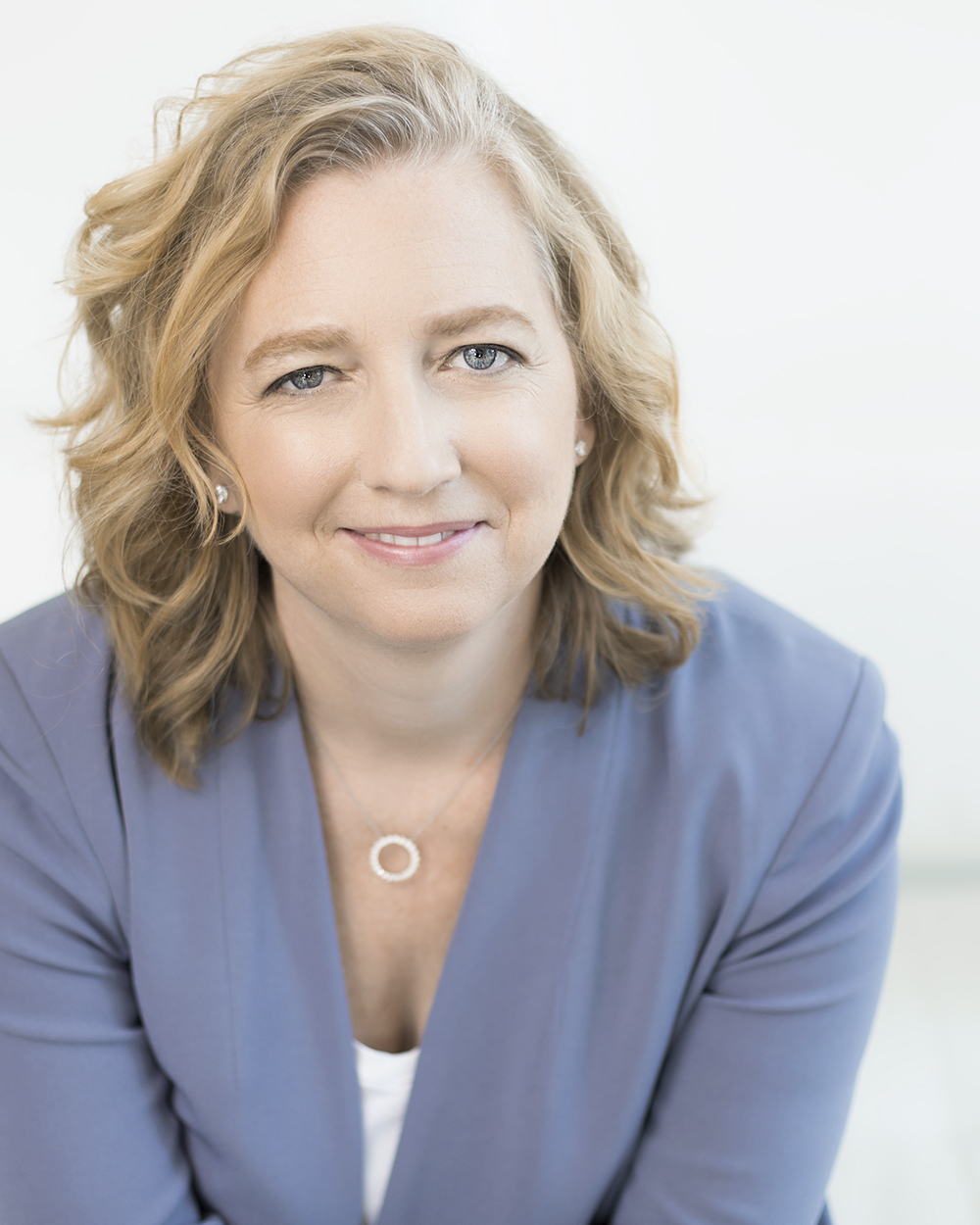
Natasha is the new VP Professional Practice, Quality and Safety, and Chief Nursing Executive in PHSA and the Chief Nursing Officer Advisor to the Ministry of Health. Previous to these roles she was the NP Lead in PHSA. Natasha graduated with her BScN from the University of Western Ontario, her MN/NP from the University of Toronto, and her doctorate from the University of Colorado. Her current role focuses on informing policy and models of care for all nursing designations in BC. She also continues to work part time in the Women's Health Centre and her current focus is women’s health that includes reproductive and sexual health care for women with disabilities and heart disease in women. She is adjunct faculty at both UBC and University of Victoria. She is passionate about being an NP and a nurse and the contribution nursing can make as leaders to improve the health care system in BC.
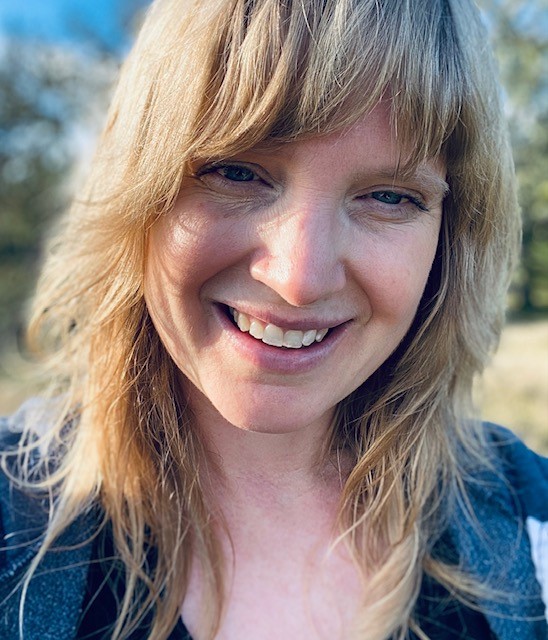
Erin Price Lindstrom is the Acting Director of Women’s, Maternal, and Early Child Health at the BC Ministry of Health. Her team of passionate and deeply committed staff work together and cross-ministry on a range of health system policy initiatives focused on advancing health equity and improving health and wellness for women, perinatal families, and young children in BC .
Prior to joining the Ministry in 2020, Erin provided clinical care for perinatal families as a Registered Midwife in several urban, rural, and rural-remote communities around the province since 2007, including most recently on Salt Spring Island. Erin is weeks away from completing a Masters Degree in Health Leadership through Royal Roads University, with a focus on policy innovation in the health sector. She continues to enjoy the pace of island living on Salt Spring with her husband and four children.

Unjali Malhotra, Medical Officer, Women's Health, completed her residency in Winnipeg, Manitoba, where she created and completed a women's health residency program after family residency. Malhotra is the Founder of the UBC Women's Health Residency Program (for training family doctors in advanced women's health skills for delivery in rural and remote communities). She is the outgoing Medical Director of Options for Sexual Health BC (five years) and the outgoing Chair of the Society of Obstetricians and Gynaecologists of Canada's Canadian Foundation for Women's Health (two years). She also previously served on the Board of the Federation for Medical Women. She is an author and speaker for Continuing Medical Education both provincially and nationally. In her various roles, Malhotra has co-created provincial programs that are focused on advocacy, community support, and education as much as clinical services.
Informed Consent for Contraception:
https://www.fnha.ca/what-we-do/chief-medical-office/informed-consent-for-contraception
Download the Informed Consent for Contraception

Ali Fuchshuber (she/her), MPH, MSN, RN (C)
Ali has recently graduated from her dual Masters degree at UBC where she focused her research on certified nursing scope of practice and women's health. Currently, she works as a STI/HIV Nurse Educator at BCCDC. Ali's career goal is to work at a policy level to increase equitable access to contraception, abortion, and sexual health services for people living in British Columbia, especially for underserved populations.

Renee Hall is a Clinical Associate Professor at UBC who has been working in the area of family planning in Vancouver for 20 years. She is the lead on the UBC long acting reversible contraceptive insertion training program. She is the medical director at Kelowna General Hospital’s Women’s Services clinic and works at the CARE program at BC Women’s Hospital, Everywomans Health Center, Elizabeth Bagshaw Clinic and Willow Clinic.
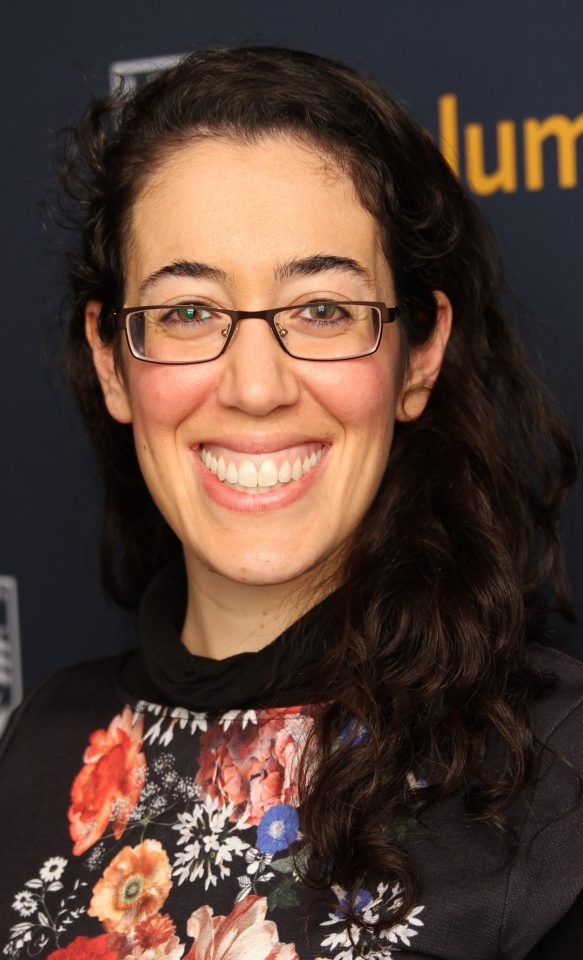
Enav Zusman is a PhD student in the Department of Obstetrics and Gynaecology at the University of British Columbia (UBC) who has been working with CART since 2019. Passionate about women’s health, Enav’s research interests include pharmacoepidemiology, perinatal epidemiology, reproductive health, and mental health during and after pregnancy. Prior to commencing her PhD studies, Enav obtained a Doctor of Pharmacy (PharmD) and MSc in Experimental Medicine from UBC and a BSc in Medical Sciences from Tel Aviv University (Israel). As a pharmacist, Enav plans to combine her clinical knowledge and experience with her research work to better support medication safety and effectiveness during pregnancy to improve patient care. Enav’s doctoral research is supported by a Killam Doctoral Scholarship.
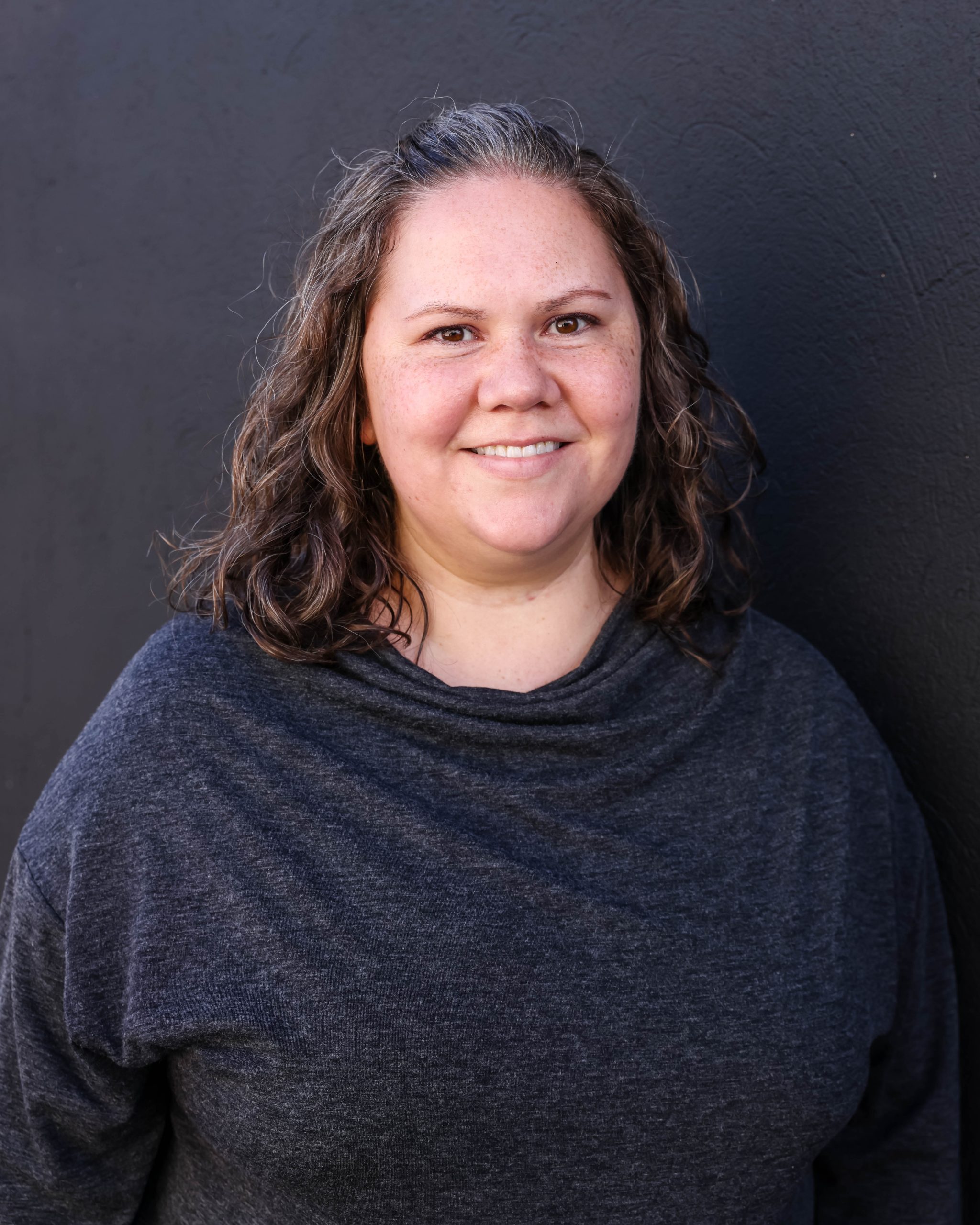
Miranda Kelly (she/her) is Stό:lō and was raised in her home community of Soowahlie First Nation (near Chilliwack, BC). She has ties to Cowichan, Snuneymuxw, and Sumas First Nations through her Dad’s side, and mixed Russian, Scottish and Welch ancestry on her Mom’s side. Since 2007, she has held positions in Indigenous health research, planning, policy, education, engagement, and community care. Her love for supporting Indigenous women and families grew from her own experience of becoming a parent. After the birth of her second child, she was called to birth work. She practiced as a full spectrum doula with the ekw’i7tl Indigenous doula collective and served primarily Indigenous families in the Metro Vancouver area. Since February of 2021, Miranda has been humbled to hold the role of Director, Indigenous Women & Family Health with Vancouver Coastal Health.
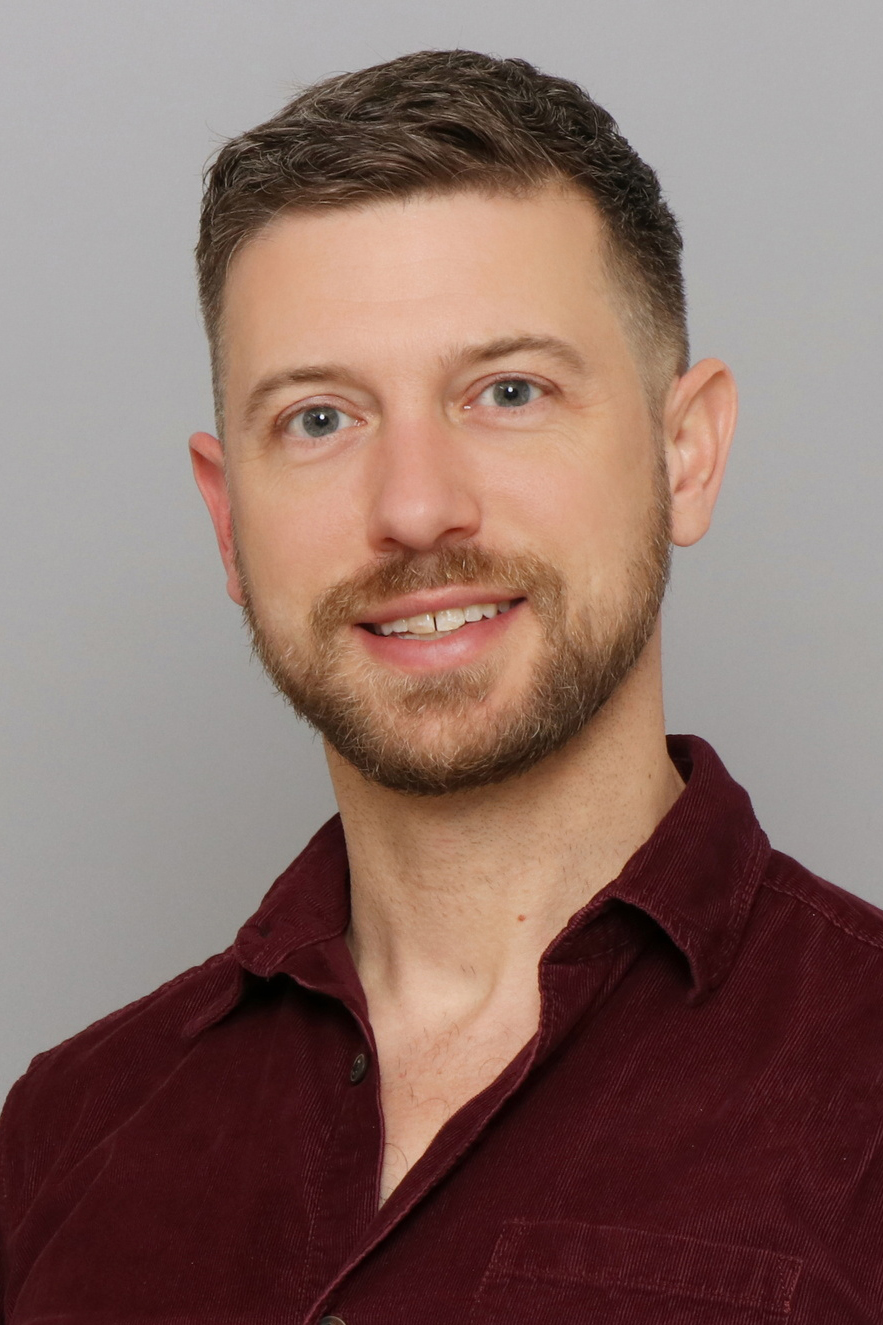
Travis Salway (he/him) is a social epidemiologist who works to understand and improve the health of Two-Spirit, transgender, and queer populations. He is an Assistant Professor in the Faculty of Health Sciences at Simon Fraser University, an Affiliated Researcher at the BC Centre for Disease Control, and a Research Scientist at the Centre for Gender and Sexual Health Equity.
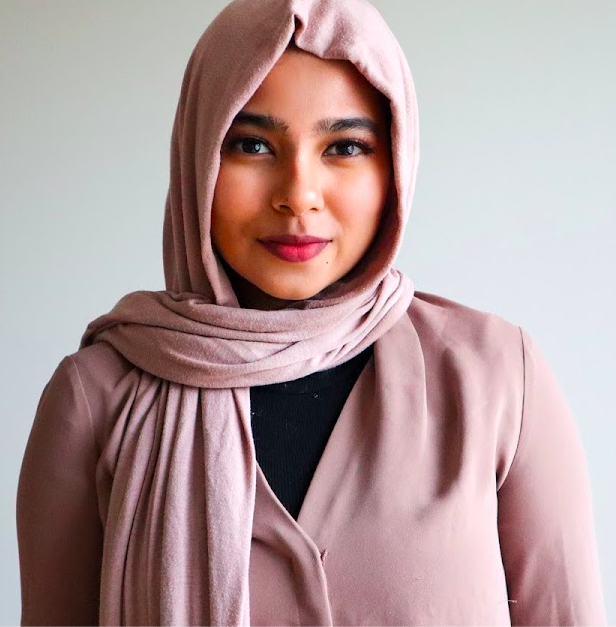
Zeba is a graduate student researcher and a Mitacs fellow at the University of British Columbia. As a newcomer to Canada herself, Zeba is interested in understanding how underserved groups, particularly newcomers and immigrants access healthcare in BC. She is a board member for Options for Sexual Health and is embedded in the Centre for Health Evaluation and Outcome Sciences (CHEOS) team.
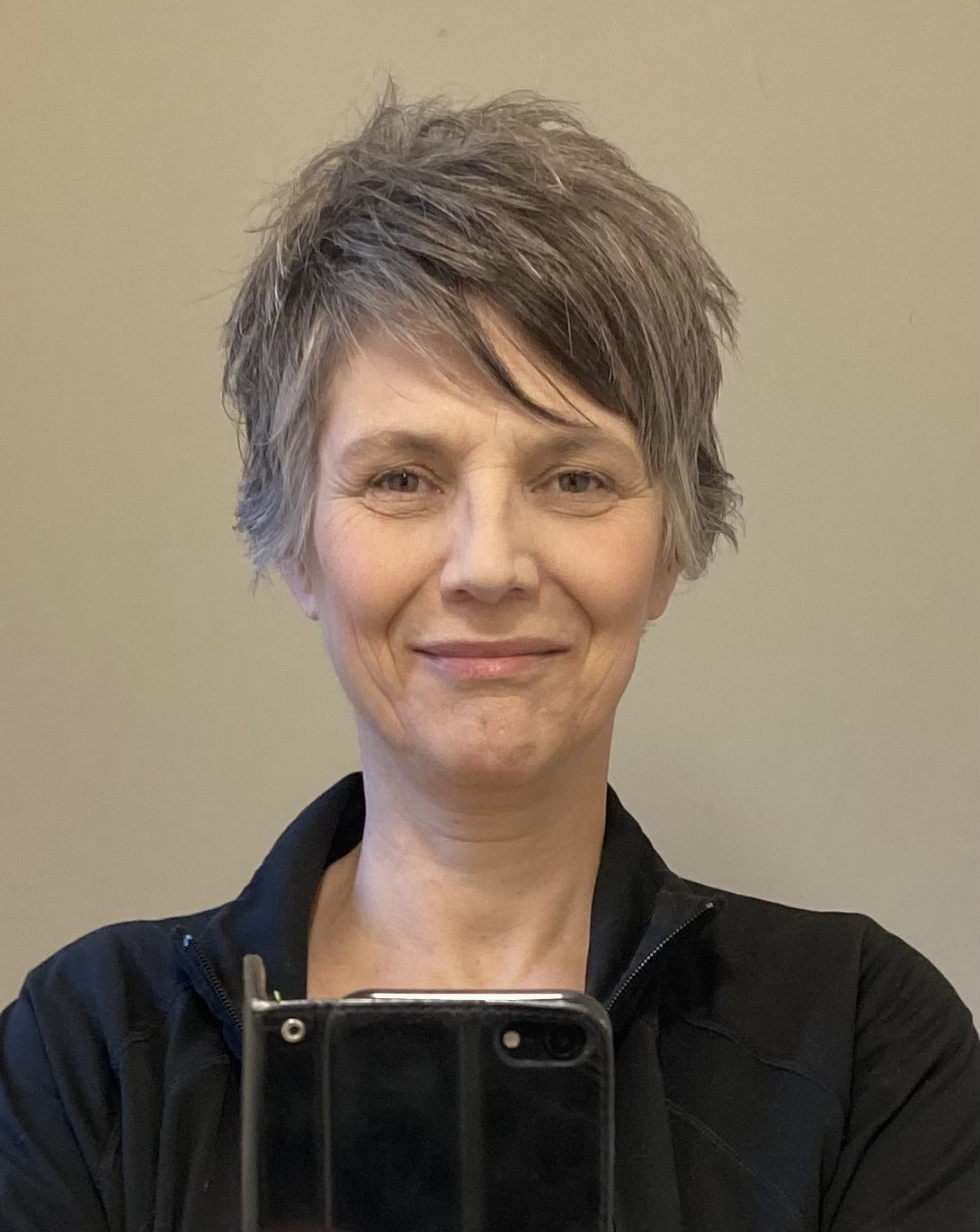
Jurenka was born in Prague, and was raised in Winnipeg. Jurenka studied French literature and theatre, at UBC, and, after working for a few years in the theater scene, she returned to UBC, to the other side of campus, for sciences. She feels lucky to have studied in two very different fields. Jurenka graduated from UBC medical school in 1997, and from Family Practice Residency in 1999. She has worked in Youth Clinics and with the Sexual Assault Service since she began practice, and at Options, as medical director, since March 2020.
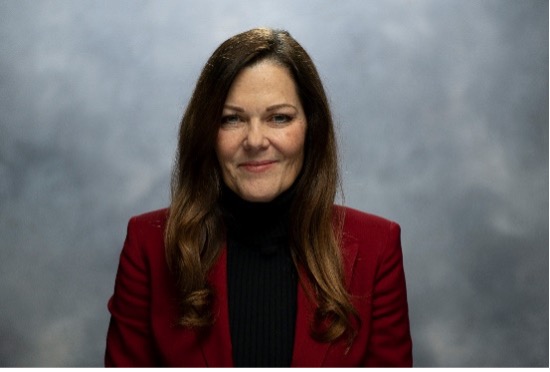
Cheryl Davies is the Chief Operating Officer, BC Women's Hospital + Health Centre, one of the largest maternity hospitals in Canada and the only facility in BC with a dedicated mandate of advancing the health of women, newborns and their families. Cheryl has over 30 years’ experience in women’s health as a nurse, educator and senior leader, in both community and hospital settings. She is a passionate advocate for gender equity and decolonizing our health system with Indigenous partners and people with lived and living experience for better health outcomes, access and experiences across the continuum of care.
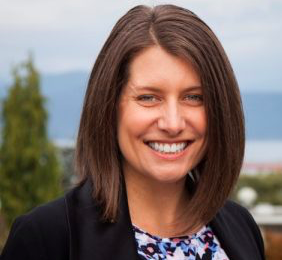
Sarah Munro is a qualitative health services researcher whose focus is on knowledge translation and implementation science. Her research focuses on the investigation of factors that influence implementation of patient-centred practice and policy, and the development and evaluation of tools that support shared decision-making for patients and their care teams.
Munro conducts research related to implementation of patient-centred care for choice of next birth after caesarean, choice of contraception, medical abortion practice, and breastfeeding. Through this research, Dr. Munro partners closely with stakeholders (patients, health care professionals, and policy makers) to produce evidence that is action-oriented, relevant, and supports patients and their care teams to make informed, shared healthcare decisions.
Munro completed her postdoctoral training in implementation science with the Canadian Contraception and Abortion Research Team and Dartmouth College. She is also a Scientist with the Centre for Health Evaluation and Outcome Sciences.

Danette Jubinville (Biiwashikwe) is a Saulteaux, Cree and mixed-European mother, doula, and PhD Candidate in the SFU Faculty of Health Sciences. Danette is co-lead of the CIHR-funded study,
The STORY Project: Improving Access to Family Planning Services for Indigenous Peoples through Storytelling. As a founding member of the Ekw’í7tl Doula Collective, Danette is passionate about advancing reproductive justice for Indigenous people through restoring kinship-based doula and midwifery care in communities.
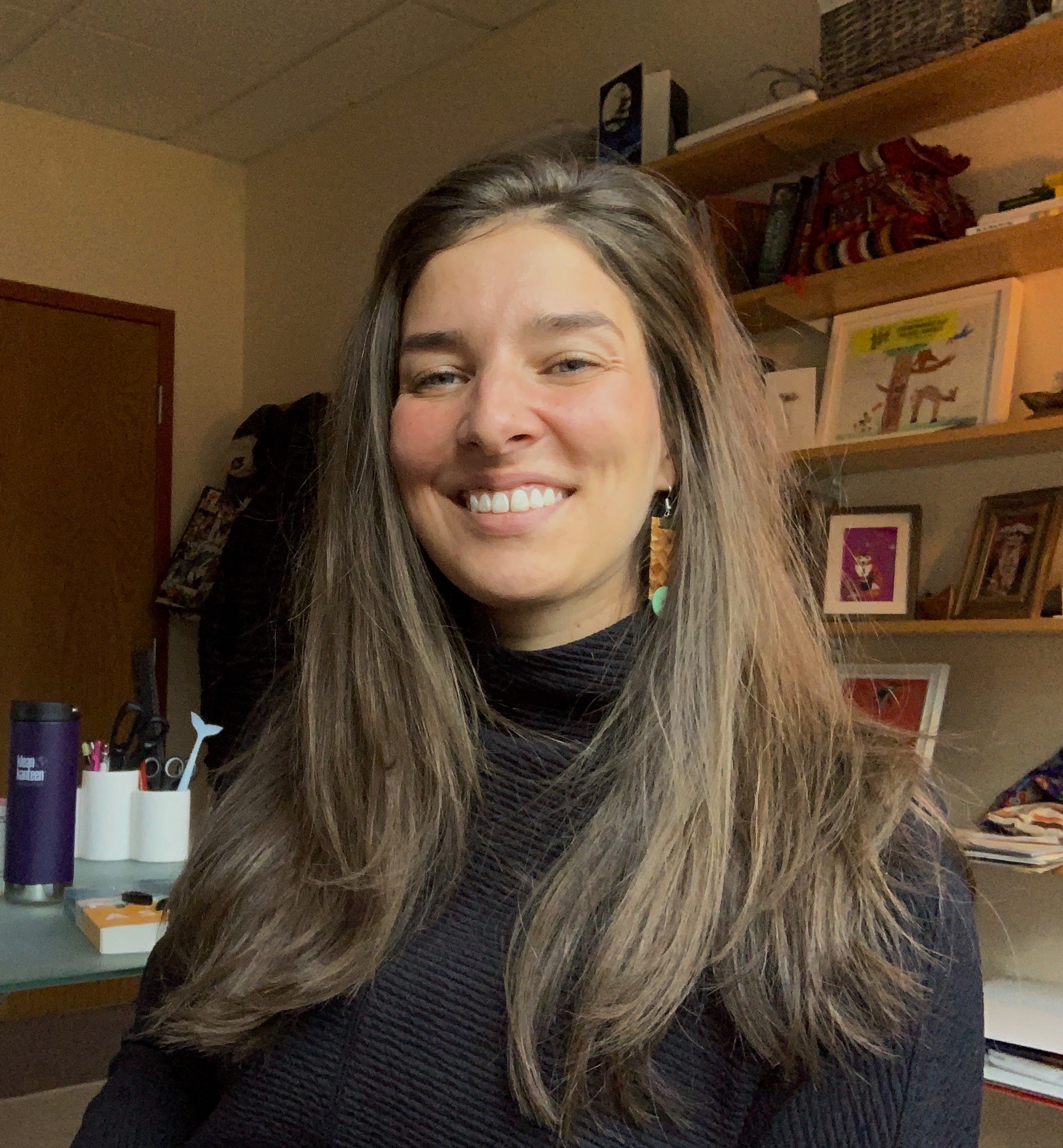
Renée Monchalin (she/her) is an Assistant Professor in the School of Public Health and Social Policy at the University of Victoria. Renée completed her PhD in Public Health Science in 2019 at the Dalla Lana School of Public Health and is of Métis/ Anishinaabe, Scottish, and French ancestry. Renée’s two main areas of research explore culturally safe health service access among urban Métis people, as well as access to abortion services and support for Indigenous women, Two-spirit, and gender diverse people across Canada. Her presentation will describe a pilot in partnership with Dr. Astrid V. Pérez Piñán that has engaged with 15 Indigenous people surrounding their experiences with abortion access in Canada.
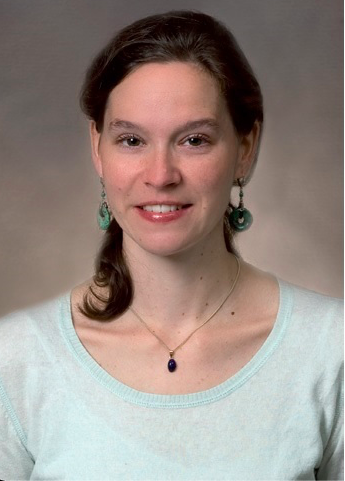
Regina-Maria Renner is a Clinical Associate Professor at the Department of Obstetrics and Gynaecology of UBC where she first joined in December 2012. She was the Fellowship Co-Director of the Family Planning Fellowship at UBC 2015-2020. In March 2013 she also joined the Department of Obstetrics and Gynaecology at Nanaimo Regional General Hospital.
Her recent research has focused on in implementation of mifepristone for medical abortion in Canada and she currently is the principal investigator on a CIHR grant to survey Canadian abortion providers. Her prior research in pain management of first trimester surgical abortion has led to a Cochrane review and several randomized controlled trials on this topic.
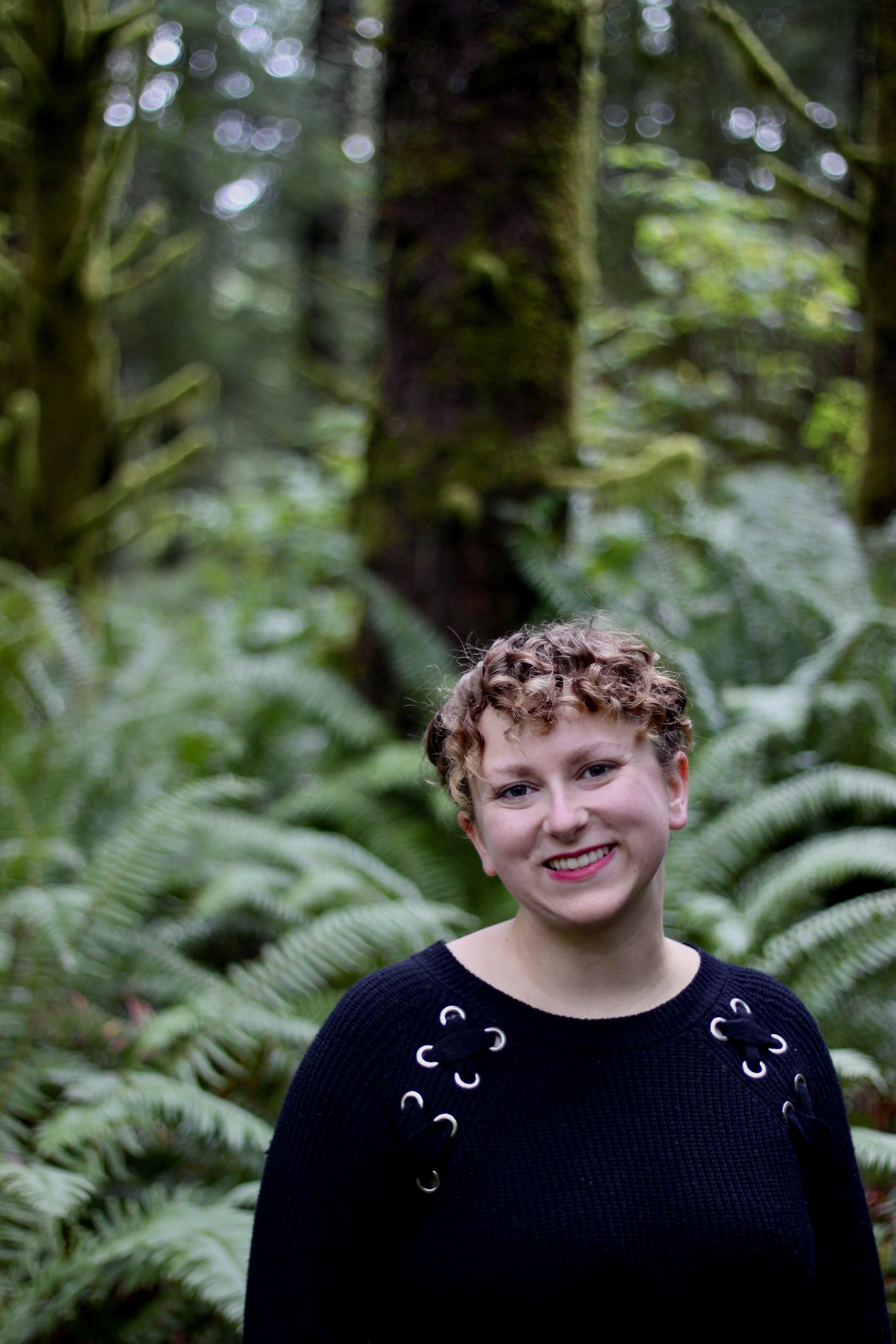
Madeleine Ennis completed her Doctor in Philosophy in Reproductive and Developmental Sciences at the University of British Columbia (UBC) in 2020. She is pursuing a career researching female reproductive health, with a specific interest in improving access to quality sexual and reproductive health services. Currently Dr. Ennis is a Research Associate in the department of Obstetrics and Gynaecology at UBC, and holds a CIHR Chair Seed Grant to develop knowledge translation activities and materials for the Canadian Abortion Provider Survey through the Contraception and Abortion Research Team.
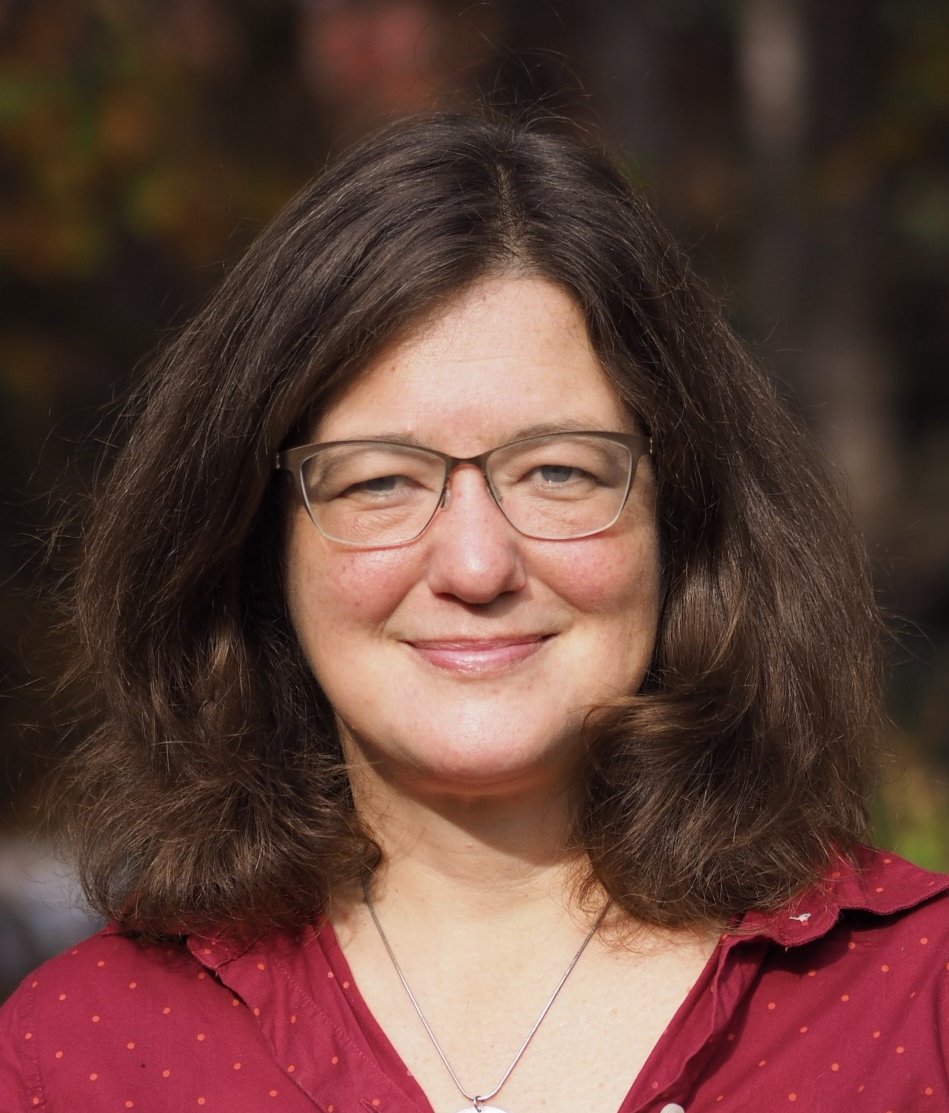
Kimberlyn McGrail is a Professor in the UBC School of Population and Public Health and Centre for Health Services and Policy Research, Director of Research for UBC Health, and Scientific Director of Population Data BC and Health Data Research Network Canada. She is currently a Canadian representative to with the Global Partnership for AI as part of the data governance working group, and a member of the Expert Working Group for the Pan-Canadian Health Data Strategy. She holds a PhD in Health Care and Epidemiology from the University of British Columbia, and a Master’s in Public Health from the University of Michigan.
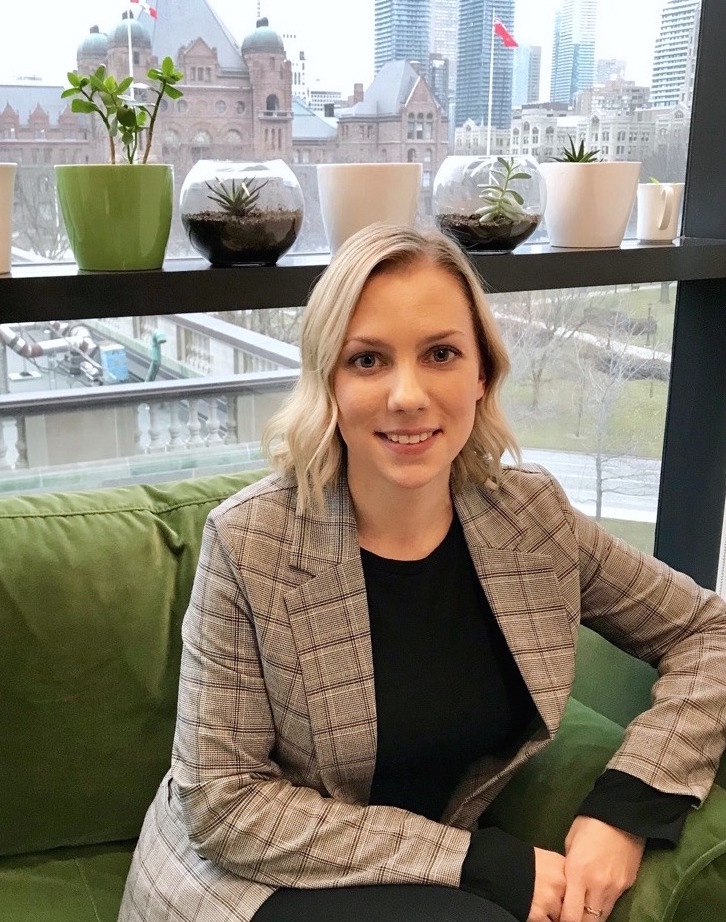
Andie Carson works as a Health Outcomes Scientist within the Implementation Science team at Nova Scotia Health - the provincial health authority for Nova Scotia. For two years, Andie was a postdoctoral fellow with CART's NP Mifepristone Study. She enjoys working on interdisciplinary teams to implement health system changes that are inclusive and equitable. Andie is passionate about qualitative research and the impact that experience can have on science.
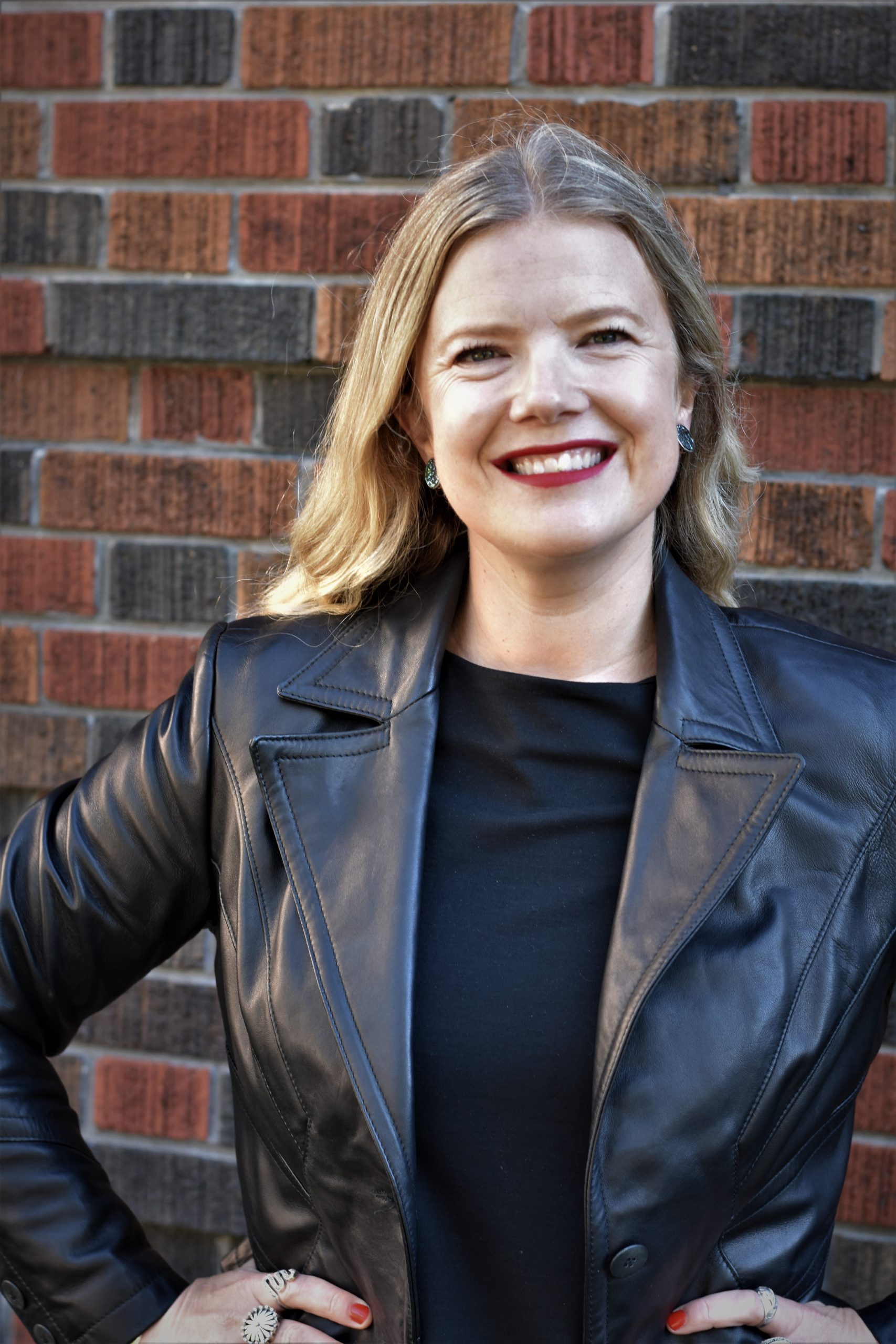
Martha Paynter is a registered nurse working in abortion care in Halifax, Nova Scotia. She is a PhD Candidate in the Dalhousie University School of Nursing, where she studies the intersection of reproductive health and the criminal justice system. Her first book, Abortion to Abolition: Reproductive Health and Justice in Canada, will be released by Fernwood Publishing in May 2022.

Kate Wahl is a researcher interested in new strategies for moving evidence into health policy and practice. As a PhD student in the Department of Obstetrics and Gynaecology at the University of British Columbia, she uses qualitative methods to develop and evaluate approaches for sharing research evidence with stakeholders including the public, healthcare providers, and policy makers. Her current focus is on advancing the health of women and gender diverse people, and she is investigating patient decision aids, education programs, and storytelling in this context. Her doctoral research is supported by a Vanier Canada Graduate Scholarship and the Women’s Health Research Institute.
Meeting FAQ
Frequently Asked Questions for the Contraception & Abortion in BC meeting
